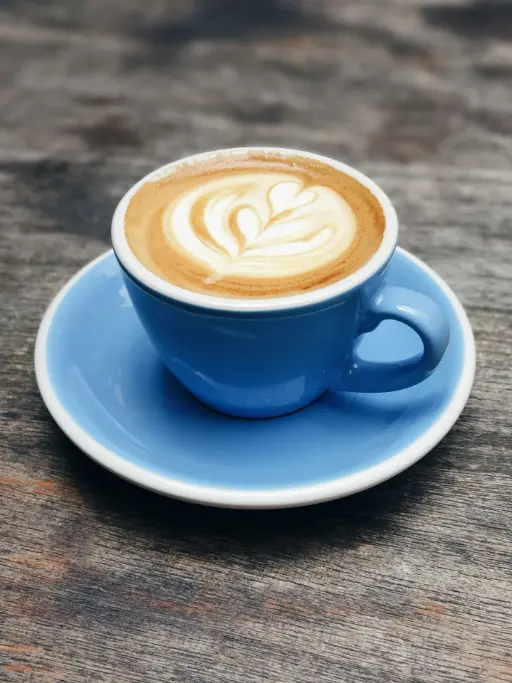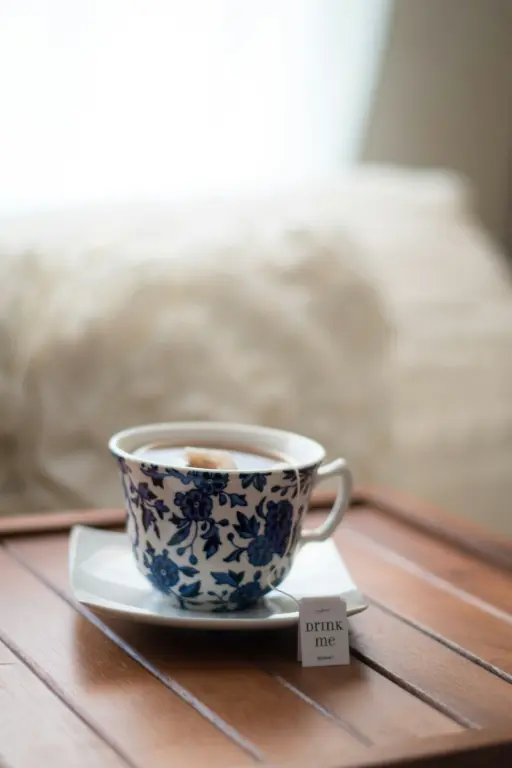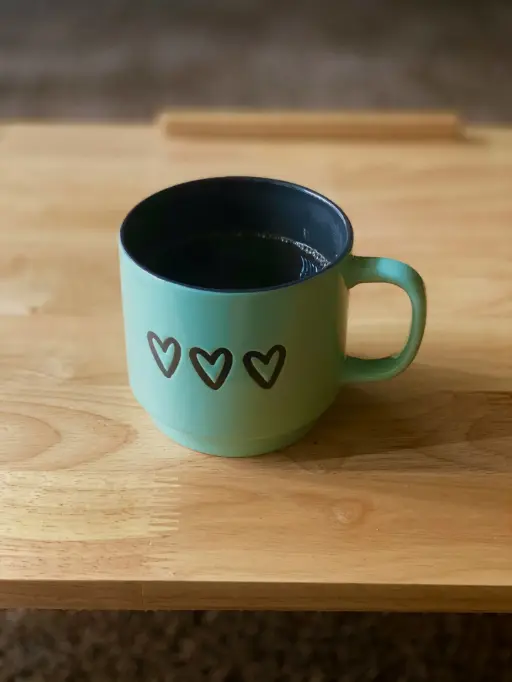Fall protection is an essential part of personal protective equipment (PPE) in many industries, especially in construction and manufacturing where working at height is a daily reality. Importing fall protection from China, India and other countries requires careful consideration and a thorough understanding of both product standards and import regulations. Below you will find a comprehensive guide for importers to ensure that the imported fall protection equipment not only meets legal requirements, but also guarantees the safety of users. One product error can instantly kill the user, so quality and reliability are more important than price!
Understand product standards
Fall protection must meet strict safety standards. For example, in the European Union, fall protection must meet the standard EN 361:2002 for harnesses and EN 355:2002 for shock absorbers. Importers should become familiar with these standards and ensure that their products comply with them. These standards guarantee the quality and reliability of the PPE and are not only legal requirements but also indicators of quality for your customers.
Check the supplier
Finding a reliable supplier is crucial. Conduct due diligence on potential suppliers to confirm that they meet international fall protection manufacturing standards and norms. Certificates such as ISO and CE marks are good indicators of this. Don't forget to check references and reviews, and if possible, visit the factory to assess the production processes.
Know the legislation and obligations
The import of PPE, including fall protection, is regulated by local and international legislation. It is the importer's responsibility to ensure that all imported equipment complies with relevant legislation, such as the European Personal Protective Equipment Regulation (EU) 2016/425, which sets requirements for the design and manufacture of PPE to ensure that they offer the highest level of protection.
In addition, fall protection must be inspected annually by a certified inspection body. This body must therefore be trained and certified to inspect your fall protection.
Quality control of fall protection
Kwaliteitscontrole speelt een zeer belangrijke rol bij het importeren van valbeveiliging. Het gaat hier niet alleen om de naleving van strikte veiligheidsnormen, maar ook om de betrouwbaarheid en duurzaamheid van de producten. Importeurs dienen te verzekeren dat de valbeveiliging voldoet aan zowel de Europese veiligheidsnormen, zoals EN 361 voor harnassen en EN 355 voor schokdempers, als aan eventuele aanvullende nationale eisen. Een systematische aanpak van kwaliteitscontrole, inclusief steekproefsgewijze inspecties en regelmatige fabrieksaudits, is essentieel om de consistentie van productkwaliteit te waarborgen. Bovendien is het van belang dat de documentatie en certificering transparant zijn en dat er traceerbaarheid van de producten is om de veiligheid van de eindgebruiker te kunnen garanderen. Dit proces vereist vaak de inzet van een gespecialiseerde sourcing agent, die ter plaatse de productieprocessen kan beoordelen en ervoor kan zorgen dat aan alle duurzaam importeren vereisten wordt voldaan.
Lees meer:

Wat betekent EU-verordening 2016/425 voor importeurs van PBM?
Deze verordening zorgt voor een standaardisatie van de veiligheidsnormen voor PBM-producten binnen de Europese Unie. Maar wat houdt deze regelgeving precies in, en hoe doorloop je als importeur de conformiteitsbeoordeling?
Labeling and documentation
All PPE, including fall protection, must be properly labeled with information regarding the manufacturer, date of manufacture, type, size, and applicable standards. In addition, the importer must provide an EU declaration of conformity and provide instructions for use in the correct language.
Testing and certification
Before import, products must be tested by a recognized and independent laboratory to ensure they meet the relevant standards. After these tests, the products must be certified by a recognized body. This certification is important proof that the products are safe for use.
Take sustainability into account
Sustainable purchasing is becoming increasingly important, not only for the environment, but also for the reputation of your company. Consider importing fall protection products that are made from durable materials and have a longer lifespan, which not only reduces environmental impact but can also lower long-term costs.
Train the end user
Make sure that your staff is trained to recognize quality fall protection and is aware of the relevant laws and regulations. This is important not only for ensuring the quality of the imported products, but also for providing accurate information to customers.
Conclusie
Laws and regulations, as well as product standards, may change. Track these changes to ensure compliance and avoid risks.
Importing fall protection requires a well-thought-out approach and a commitment to quality and safety. By following these guidelines, importers can not only manage their legal risks, but also contribute to a safer working environment for all users of the PPE.
Geconfronteerd met uitdagingen in je supply chain?
Neem contact op met Westwood voor deskundig advies en ondersteuning bij het navigeren door complexe logistieke uitdagingen.









